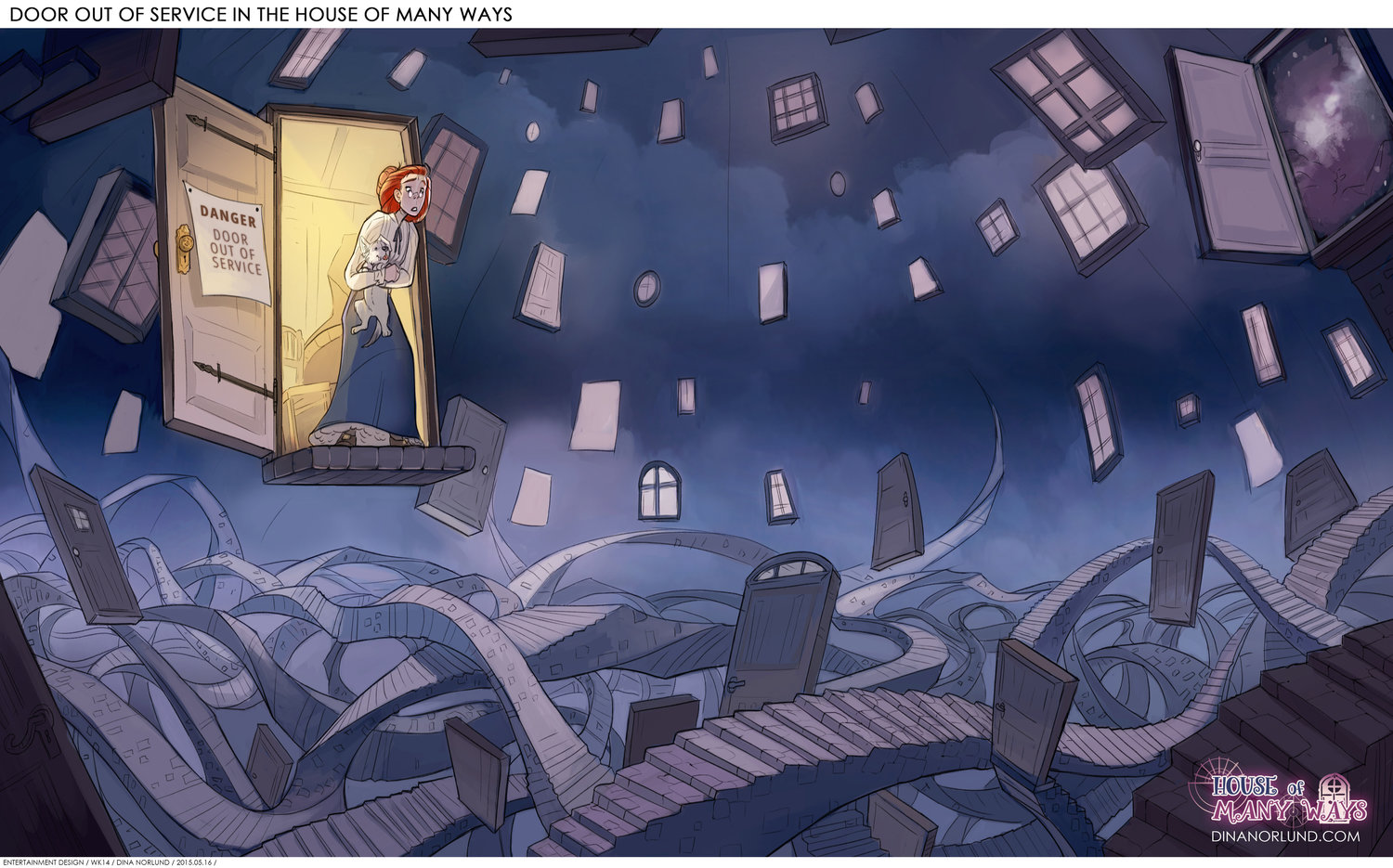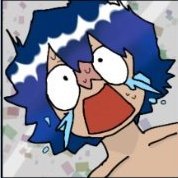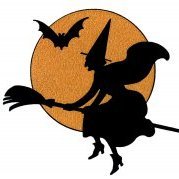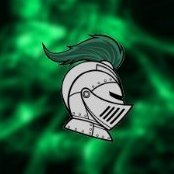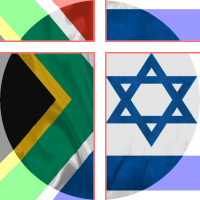-
Posts
1333 -
Joined
-
Last visited
Trutharchivist's Achievements
708
Reputation
Single Status Update
See all updates by Trutharchivist
-
Tomorrow evening is Tish'ah b'Av, the Ninth of Av. The day of the Temple's destruction, said to be the saddest day of the Jewish calendar. (Is that enough of a summary?)
This is a (if not the) central day of mourning for Jews, for multiple resons - including, for example, how central the Temple was to Judaism before it was butrned to the ground. This is also the point in time that is considered the beginning of exile - even though there were still many Jews living in Israel in the time after the destruction, it was the beginning of the sign that... we can just as well ive abroad. Our holy place lay in ruins, and there's not much point in coming to it again.
According to tradition, both the First and Second Temples were burned during this day - the First 2445 years ago, the Second about 1954 years ago (give or take). During the time of the First Temple it was literally the beginning of the exile - the Babillonians took most of the Jews around and carried them to their land, leaving only a few - we'll talk about them at the next fast day, the Fast of Gedaliah. In the Second Temple's time, though, carrying the Jews to exile wasn't the Romans' top priority, and so it came to be that the biggest Jewish communities remained for centuries in Israel and Babillon.
But, since with the 17th of Tamuz we went over a story from the Torah (the Pentateuch) which is said to be the spiritual origin of the fast, we'll do the same here - because the same is true. It was not long after the Isrelites left Mt. Sinai, after staying there for nearly a year. The people of Israel are getting close to the promised land, and at this point they believe they're going to enter it very soon. Just then, the Israelites come to Moshe asking him to send people to look around the land and tell them how it is, and in which ways they should go. This story - the story of the biblical Spies - and the Golden Calf are both well-known stories, but I honestly have no idea what can be assumed of people's biblical knowledge here, so I'll tell it anyway.
Those twelve people Moshe picked - one from each tribe, including his star pupil (so to speak) Hoshea bin-Nun - go to the land of Canaan to look at it. Before they go, though, Moshe slightly changes Hoshea's name to Yehoshua - better known as Joshua. Yeah, that's Moshe's successor. Anyway, they go around it for fourty days and bring back some fruits, then tell Moshe and the Israelites that the land is indeed very good - but the people around there are too strong for them to conquer. Caleb son of Yefune (of the tribe of Yehuda, which gives Jews their name) then speaks up to contradict his fellow spies, as does Yehoshua, but the people don't seem to believe them and they all start crying that evening, saying they're all going to die. For that, G-d punishes them with fourty years in the desert (including the years they already went through), and says that none of this generation outside of Yehoshua and Caleb will enter the Promised Land.
The sages add to that that the night when all the Israelites cried? That was the 9th of Av. When G-d heard them cried, he said: "you cried tonight for nothing, I'll give you something to cry about for generations to come."
That is the first event that happened at this day. The next events are the two destructions of the Temple. Honestly, there are quite a few things I can tell about both times: the First is well-documented in the Tanakh itself, and the Second is documented in the Talmud (which, granted, was written a while later but they had traditions on what happened). But, I think I should be considerate and focus on the Second.
So, there was the revolt. Then the Romans sent their legions to stomp it. There was much fighting in all of the land, but especially in Jerusalem, which was put under siege. There are a couple of stories I can tell - like how Jerusalem is said to have been destroyed due to Kamtza and Bar Kamtza (the names of two people, the latter might've been the former's son) - but I think I will keep two important points and not try to tell it all.
The first point is the food storage. It is said that when Jerusalem felt under siege there were three rich philantropists (you could say) in Jerusalem, each promising to provide to the people in their own way, from their storages of food, drink and wood. With those storages the city could stand for a while - perhaps a year or two. The issue was... there was a group of especially violent rebels, who didn't like the abundance of food. Maybe too much of it was going to more reach people; maybe they just wanted to make the people of Jerusalem more desparate. Either way, they've burned the food storage.
the second is the religious Jewish leadership. One of the elder rabbis of the time was Raban Yohannan Ben Zacai. He saw the state of hunger in Jerusalem and knew it was only a matter of time before the city got destroyed - and with it, the religious centerand all the wise men there. His nephew was one of the leaders of those rebels I've mentioned earlier - the terrorists, I guess you could call them - who at this point also kept the city's gates from the inside, so that no one will betray them for the Romans. So Raban Yohannan went to talk to his nephew (whose name was Ben Batikh), and asked him to allow him to get out of the city. Ben Batikh, knowing that his people will never allow it, advice Raban Yohannan to pretend to die - because Jewish tradition does not allow leaving a dead body inside the city, so the terrorists will let Raban Yohannan's students to get his body outside. So Raban Yohannan did so, went to meet the Roman general, and persuaded him to leave alone the city of Yavne with it's wise men. Some of the sages criticized Raban Yohannan for his actions; they said that since he succeeded persuading the Roman general to leave one city, he might've been able to save Jerusalem and the Temple. But in the end, it's not really likely he'd have succeeded had he went fo such a lofty request.
If you want to learn of the story more fully, there's an Israeli sem-animated movie made two years ago which was also apparently dubbed to English named Legend of Destruction that tells those stories and a few more. I couldn't find a free online way to watch the English version, sadly, but the Hebrew version can be found on YouTube (under the name אגדת חורבן).
Anyway, both Temples were destroyed that day. The next event occured barely seventy years later - at the Bar Kokhva revolt, the last time Jews had independance in Israel until the founding of the State. Bar Kokhva ruled the area for two years, but the romans crushed him too - and the city of Beitar, whiich was Bar Kokhva's capital (probably because he failed to take back Jerusalem), was destroyed. After that, the city of Jerusalem and the Temple mount were plowed by the Romans, a sign of utter ownership (I think).
And... We're done now, right? Those are all the things listed in the Mishna, after all. Five things, if you count them (each Temple counts separately). Nothing else of interest happened since, right?
Wrong. I mean, yeah, not every pogrom since occured on that exact day (actually, there was for a time an additional fast for Ashkenazi Jews over pogroms during another day - I debated whether or not to talk about it when the day came around, but decided against it). Still, there's at least one more painful event for Jews that is said to have occured at this day.
You remember when Colombus accidentally reached America looking for India? Well, a few more interesting things happened at the time. For one, the Spanish Reconquista was finally over, and a Christian Catholic king, Ferdinand the 1st, finally reigned over all of Spain. And one of his first decrees after settling on his throne? Banishing all the Jews from his kingdom.
Now, it shouldn't have been viewed as this bad an event, really. After all, Jews were previously banished from England, France, and every single princedom in Italy (and probably Germany, too). It wasn't anything new, per se. Well, maybe the forced conversion and the Inquisition were a tad new. Plus, the Spanish Jews lived mostly under Muslim role up until that, which was much more tolerant toward them. True, the Reconquista was advancing for a while now, but they may not have expected such a change. Maybe this banishment was more thorough than the others - though I doubt you could get much more thorough than the banishment from England. No Jew lived there for four centuries, until the days of Cromwell. Anyway, to go back to the topic, this banishment was devastating on the Spanish Jews. Many of them converted but secretly kept the commandments of Judaism - those are called the Anusim, which means "those who were forced against their will [to convert]". Many others fled to Portugal - until they were banished from there, too. Others fled to the Ottoman Empire, which accepted them with open arms, because Jews were known to help greatly with the finances of every place they lived in. Others went to various places in North Africa or to the Netherlands, or to Italy. Those are the Spaniard Jews, and they are the reason that to this day, Jews from Muslim countries are often called Sepharadim in Hebrew. Many of them probably truly are descendants of the exiled - telltale names include Toledano and Abarbanel. Why do I say all that, though? Because the day the decree was enforced, according to tradition, was the 9th of Av.
As I said, this is a day of mourning. It's a fast day, but due to the mourning part it has additional prohibitions. Plus, it's one of the two hardest fast days - some of the prohibitions during it exist only in it and Yom Kippur. Those prohibitions include, in addition to not eating or drinking, not wearing shoes made of leather, not washing oneself, not lubricating and not commiting sexual acts. All those prohibitions are set from sunset to sunset - for about 25 hours.
The mourning additions include a prohibition on sitting on a chair higher than about one foot, studying the Torah except for things related to the Temple's destruction (or doing most any action that isn't related), plus not putting on Tephillin - black leather boxes that every Jewish man puts on every day on his forehead and arm. All those hold only until midday - except maybe the Torah study, I'm not 100% sure.
During this day we read the book of Lamantations, which was written about the Firt Temple's destruction, according to tradition by Jeremiah. There are also additions to the evening and morning prayers - themselves lamantations on the events that happened to our ancestors that are related to what happened that day, and on many other things that happened during our years of exile. There are also readings from the Torah, and from the books of Isaiah and Jeremiah.
This day is considered the saddest day in the Jewish calendar. But I've talked quite enough about it (though I didn't even get to mourning traditions for the week/nine days before it, or to the fact that the last meal before the fast has to include only two dishes and can't include meat or wine - though at least the first part of this prohibition doesn't hold on the meal before it), so I'd rather finish with something happier, as is traditional among Jews: when you end a book with something sad and depressing, you add afterwards something happier. This does not apply to the books of the Tanakh, though - only to reading them. In any case, the happier part:
There is a tradition among Jews, that the Messiah - the one destined to deliver us from exile and lead us again, the descendant of king David's line - was born (or would be born, depending on many things) at Tish'ah b'Av. The idea behind it is that "from the ashes a fire shall be woken". G-d never leaves His chosen people in destruction without creating a remedy first. We always hope for the Messiah's coming, as it could be every day - and when he comes, all of those fasts made for rememberance of the Destraction won't be necessary anymore, and furthermore - are prophesized to become holydays, days of celebration.
בבניין ירושלים תנוחמו, with the reconstruction of Jerusalem may you be comforted.
Thank you for reading, and... Well, I'm not sure I can just say "have a good day". Unless the Messiah will come, tomorrow (well, the day after, but you get it) won't be a good day for me, or for any Jew (at least practicing religious ones). Still, I guess, one must hope, so have a good day!
(Hope I didn't come of as preaching, I'm obviously talking about my faith here. The Christians among you believe Jesus Christ is the Messiah, that he already came once and you are waiting for his Second Coming, but I don't, so...)
-
.thumb.png.5afeb53c24c681e1d35e3f8ba62a6319.png)
Just for the case someone misread it, the beginning of the paragraph about the banishment of Jews from Spain is pretty sarcastic. The rest of it might be as well. Kind of funny, since I'm not descended of those Jews; my ancestry is purely Ashkenazi, meaning Jews from Christian countries. It's likely I do have some Sepharadic blood in me, but if I do it probably came from before the banishment. Still, I guess I like being sarcastic about non-Jews being cruel to Jews.
-
.thumb.png.5afeb53c24c681e1d35e3f8ba62a6319.png)
I also might've spread some misinformation about a name or two here. My bad. Can't really deal with it right now.
-

